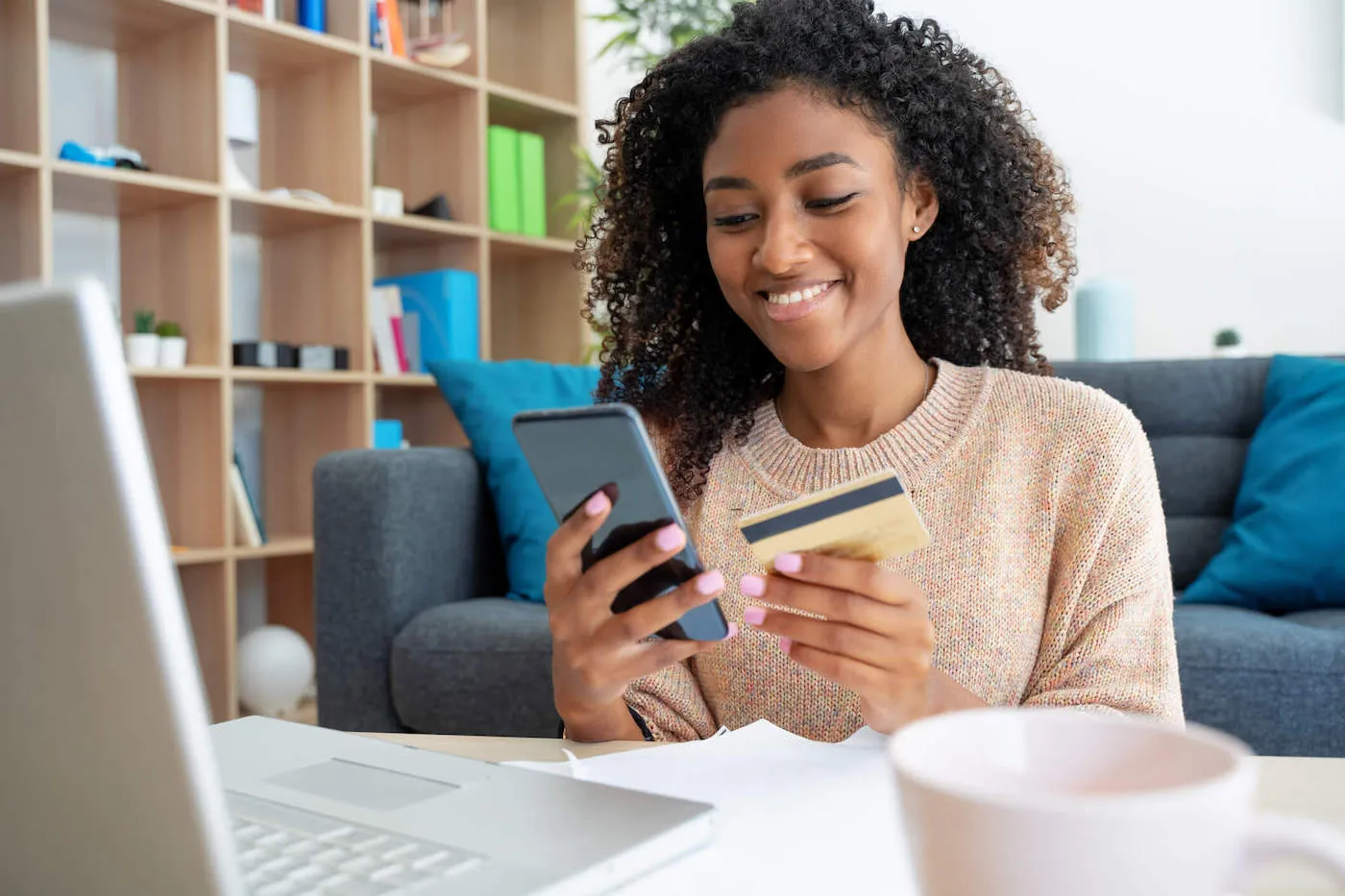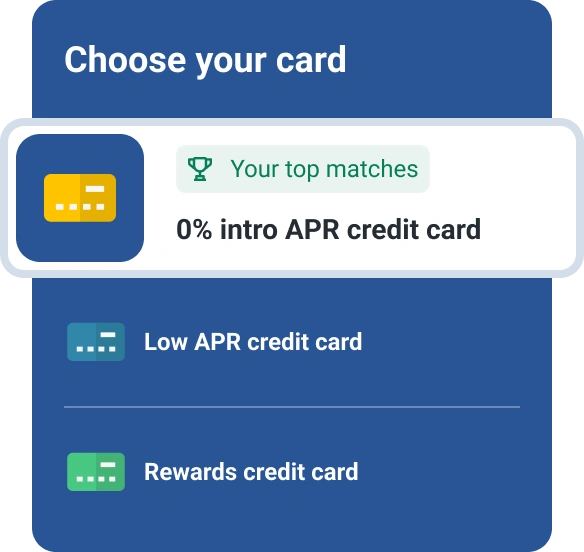Can I Pay Off My BNPL Account With a Credit Card?
Quick Answer
You can pay off your buy now, pay later account with a credit card. But doing so can put you at risk of amassing interest on this debt or making harmful credit moves.

When you use a buy now, pay later (BNPL) service to make a purchase, you may be allowed to pay off your balance with a credit card. But should you? Doing so could end up costing you more in the long run and affect your credit, so think carefully before paying your BNPL account this way. Here's what to know.
Using a Credit Card to Pay Off BNPL Purchases
Many buy now, pay later companies let you use a credit card for some or all of your BNPL payments. If the service allows it, you can choose "credit card" in the payment options and enter or scan your card information to set it as your payment method. You may also be able to choose whether to make payments manually or automatically using your card.
If you use autopay for your BNPL payments, make sure to mark the days payments will be processed. This way you can be sure not to go over your credit limit and to keep an eye on your balance. High credit card balances increase your credit utilization and can hurt your credit scores.
By paying your buy now, pay later charges with a credit card, you can potentially increase the amount of time you have to pay off your BNPL purchase. That said, paying off the full balance once it hits your credit card and before interest is charged is the best way to manage your BNPL payments using a credit card.
The Risks of Using a Credit Card for Buy Now, Pay Later
Many users opt for buy now, pay later apps to give themselves time to pay off a purchase interest-free. Paying with a credit card could subvert these intentions, leading to possible financial risks, like:
- Accruing interest: Making BNPL payments with a credit card and then carrying a balance can lead to interest charges. One of the main reasons to use buy now, pay later to begin with is to avoid interest over the course of the payment plan. So this may become self-defeating.
- Increasing debt: It may seem easier to spread out the cost of your purchase with a payment plan and to put those payments on a credit card that doesn't need to be paid immediately. But this can lead to spending more than you can afford to pay each month, especially if you have several BNPL payments on a card. As the balance shifts to a credit card and begins to accrue interest, it will be clear that small payments can quickly add up—and may be difficult to pay off.
- Hurting your credit: There's also a risk of going over your credit limit or significantly increasing your credit utilization (the percentage of your credit limit you're using). In general, you should aim to keep your credit card balance below 30% of its limit to avoid a significant impact to your credit scores. If transferring your BNPL balances to your credit card could imperil your otherwise positive credit history, think twice.
Despite the risks of paying your buy now, pay later account on your credit card, there are some benefits:
- Security: Credit cards offer greater protection compared to payment options like debit cards. This makes them ideal for online and in-app purchases.
- Convenience: Using credit cards to simplify spending and have only one monthly payment to make is part of budgeting for many people.
- More time: Transferring your buy now, pay later balance to a credit card could buy you time. But remember to pay off at least the statement balance on your credit card every month to avoid interest charges.
- Rewards: Using your credit card for your buy now, pay later balances can help you rack up some travel miles or cash back.
Alternatives to Buy Now, Pay Later
BNPL plans aren't your only option for making purchases more affordable. Here are alternatives to consider:
- Budgeting and saving before making a purchase: Save now, buy later may be the best option for non-urgent purchases. For wants, not needs, saving up can save you the most money as you reduce your exposure to possible interest charges or late fees by paying in full.
- Layaway: Some stores offer the option to reserve an item and make smaller payments on it over time. Layaway plans may come with a small fee.
- 0% intro APR credit cards: If you need to make a large purchase but want to break up the payments over time and avoid paying interest, consider an intro 0% APR credit card. Though these cards are often reserved for those with good credit, they offer an introductory period of 0% interest for a period of time, usually six to 21 months. As long as the balance is paid off during this introductory period, you won't pay interest.
Many purchases can be made without taking on debt or being charged interest. Opting for one of these alternatives can help you save more and protect your positive credit history.
The Bottom Line
It is possible to pay off your buy now, pay later account with your credit card, but make sure you're doing so for the right reason. Doing so as a way to shift debt around without a plan could leave you with a mounting balance and increasing interest.
But you may be able to pay off your BNPL purchase with your credit card strategically. Doing so could give you extra time to pay your bills and help you earn credit card rewards.
Don’t apply blindly
Apply for credit cards confidently with personalized offers based on your credit profile. Get started with your FICO® Score for free.
See your offersAbout the author
Emily Cahill is a finance and lifestyle writer who is passionate about empowering people to make smart choices in their financial and personal lives. Her work has appeared on Entrepreneur, Good Morning America and The Block Island Times.
Read more from Emily

